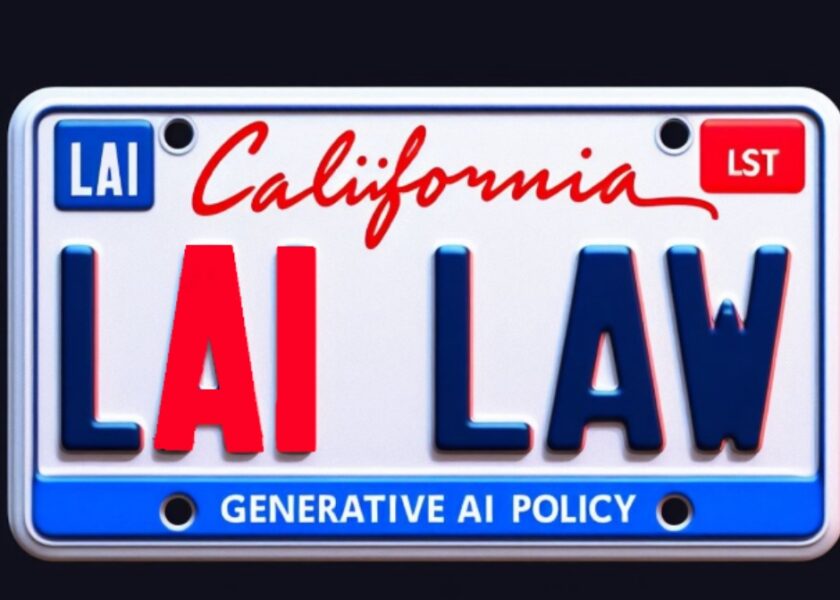Disputes often arise between an employee and employers in relation to working terms and conditions, behaviour of staff and a host of other issues. Employees may have legitimate claims against their employers leading employers to seek an effective waiver of those claims.
In law, any attempt to waive certain claims will be void and unenforceable unless done through a formal process and provided that certain legal requirements are followed. A Settlement Agreement is one way this can be done.
This briefing looks at some of the legal requirements of a Settlement Agreement and answers some common questions on Settlement Agreements.
A contract by any other name?
I am often asked why Compromise Agreements were changed to Settlement Agreements? The clue is in the name! Following a consultation on resolving workplace disputes the government agreed that the term settlement agreement more accurately describes the nature of the agreement and would seek avoid situations where an employee refused to sign an agreement on the grounds that they were not prepared to ‘compromise’.
What are the benefits of a settlement agreement?
From an employer’s perspective it provides surety that an employee will not bring an employment claim against you. Whether it’s offered for redundancy, disciplinary or other potential work disputes, in the long run it can save time, money and avoid issues of poor staff morale.
As an incentive to sign an agreement and in recognition of the waiver of any potential claims, employers will usually offer a payment over and above your statutory or contractual entitlement. These payments can be made tax free (up to £30k) and so can be a financially advantageous for you.
What is the effect of signing a settlement agreement?
Effectively you are signing away your rights to bring a claim against your employer in relation to your employment or its termination. This not only includes employment tribunal claims but other claims in the civil courts such as breach of contract or deduction of wages. Importantly, it will not only waive your right to pursue legal proceedings for a claim that you are aware of, but will also include claims that you may not be contemplating at the time. As you can imagine this is a strong legal document which needs careful consideration and appropriate legal advice.
Is there anything that can’t be waived?
Yes! Firstly, it would be nonsensical that you wouldn’t be able to challenge your employer if they didn’t pay you what had been agreed. So, first and foremost your employer cannot waive your right to enforce in the agreement. Secondly, your accrued pension rights are preserved. Any right you have to a pension cannot be waived and you will still be entitled to any benefits of that pension. Finally, although your employer can ask you waive claims for personal injury they are not entitled to waive your right to claim for personal injury claims that have not yet arisen.
Independent legal advice
This is not just a ‘suggestion’ but a legal requirement for creating valid settlement agreement. Unless you have received independent legal advice the settlement agreement will be void and unenforceable. Unless the agreement is legally sound, your employer won’t pay you the sums set out in the agreement.
The advice you seek should be independent. You should be permitted to choose your own solicitor who can give you impartial advice and not be pressured to use a solicitor ‘recommended’ by your employer.
How much will it cost?
Although not a legal requirement, most employers will contribute towards to the costs of seeking legal advice. Employers that do not offer to contribute run the risk that the employee will not be prepared to pay for the advice which ultimately means an unenforceable agreement. I will always negotiate on your behalf to try and persuade your employer to contribute to your costs.
How long will it take?
In order to properly advise on a settlement agreement I would always prefer to meet and discuss your situation with you. This will usually take about an hour. Where this is not possible I can discuss matters over the phone. The time it takes depends on whether you are happy to sign or if you wish to negotiate or challenge the agreement. In the majority of cases the agreement can be signed during our meeting.
Do I have to sign?
Employees are often willing to sign an agreement but this is not always the case. It may be that you decide that you would prefer to negotiate better terms or reject the offer, leaving you free to pursue a claim. This is your choice and you are not obliged to sign the agreement.
Only when you are happy with the terms of the agreement should you sign it. At this point I will also sign it to confirm you have received legal advice.
What do you need from me?
I would need to see a copy of your employment contract, policies and any other relevant correspondence which relates to your employment. In particular, if there is a dispute I would like to discuss this with you in detail and you should provide any relevant information you may have such as letters or emails between you and your employer.
If you have any questions or concerns about a Settlement Agreement or have been presented with one and need independent advice please contact me on: [email protected] or 08458 678978.
ACUMEN BUSINESS LAW – you’ll be glad we’re on your side!




